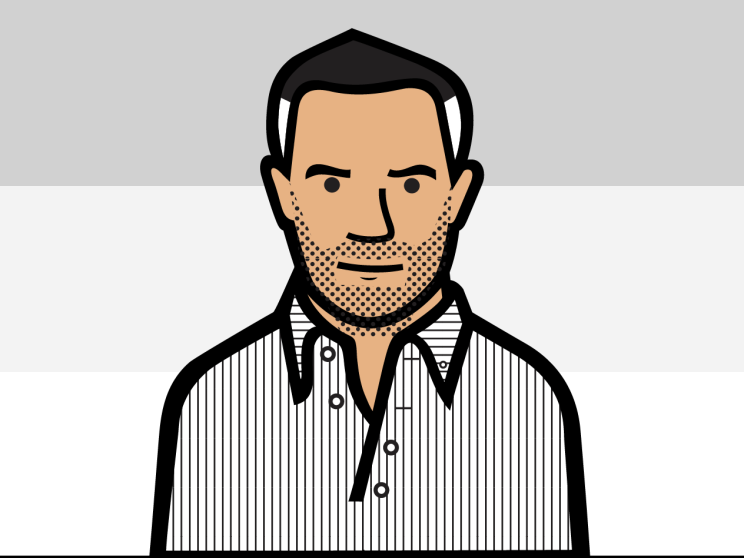The Faster Lane
from Tyler Brûlé
In praise of private dining rooms and outwitting AI
1. We start this Sunday with a thank you to all those readers who took the time to drop a few encouraging words of support and additional ideas off the back of last week’s…

Latest
Mark Carney drops by the table to put manners back on the menu
It’s Wednesday afternoon at Monocle’s HQ in Zürich and our café is in full swing with the usual mix of matcha mums, family office custodians, neighbours and subscribers. It’s sunny and just a little…

Snow outside, champagne inside and my belated trip to Tokyo
1. I spoke too soon. It was all going beautifully last Saturday afternoon as Swiss flight LX160 to Tokyo Narita prepared to push back from the gate. If you caught last week’s column, I…

A custom Tokyo tour for Mom
It’s Saturday midday in Zürich and it’s snowy, blustery and comfortably cosy. My mother and I just boarded the Swiss LX 160 to Tokyo Narita, mom is across the aisle and I’m looking forward…

Europe wants security but only during office hours
Happy New Year, dear reader. Is your tail bushy? Are your favourite new garments from Santa laid out for work tomorrow? Are you prepped and ready to roll? All set to lead from the…

What the shop floor reveals about your business – and where to take it next
There’s nothing like spending a bit of time on the shop floor to get a firmer grip on the finer details of running a business. I could argue that I’m ‘out on the floor’…

Improvising a Christmas playlist is tricky enough without AI butting in
The Christmas drive up to the mountains has its traditions, rules and tunes. The original plan called for everything to be shipped up in advance on the train, while our journey would involve the…

While Christmas begins to hum from on high, 2026 is already quietly glowing
For the past 25 years or so, Christmas has usually been an Alpine affair. There have been dashes down to Palm Beach north of Sydney, one Christmas in Toronto and a few years back…

Chic stops, a dash of high jinks and why I’m in it for the long haul
Let’s start this Sunday with a thank you, merci and arigatō gozaimasu to all those readers who took up the call to subscribe to Monocle over the past few days, the many more who…

Turns out saving print might be easier than finding your nearest newsstand
Greetings from a sunny, crisp and buzzy Zürich, where the first Monocle Christmas Market of the season is underway on the street below me (Paris, Toronto and Tokyo are next weekend, with London and…

Canadian department stores used to sparkle – now they fade away
I touched down in Toronto this week to meet some clients, scope out some potential business, do a little retail tour, say hello to my new colleague, Sally, at our College Street outpost and…



